Thinking of buying rental property to generate passive income or diversify your portfolio?
It sounds simple: buy a place, rent it out, and start collecting checks. But many new investors underestimate the time, tax details, and strategy involved.
Buy the wrong property or skip due diligence, and it can cost you — not just money, but peace of mind. From unexpected maintenance costs to tenant issues and tax complexities, even seasoned investors face avoidable pitfalls.
Here’s the good news: with the right prep, buying rental property can be a reliable income stream and a long-term wealth builder.
In this guide, you’ll learn exactly what to watch for, how to plan your first move, and the facts most people only find out after they’ve invested.
What You Need to Know Before Purchasing Rental Property
Before buying a rental property, make sure you know the local laws, taxes, and how to finance it. You should also check if your rental income will cover your costs and plan for repairs and empty periods. Understand what owning a rental property really means before you sign anything.

Key facts to know:
• Higher down payments. Lenders often require 20–30% down for investment properties.
• Cash flow isn’t guaranteed. Rent must cover mortgage, taxes, insurance, repairs, and vacancies — and still leave room for profit.
• You’ll be a landlord. This includes handling maintenance calls, screening tenants, and legal compliance.
• Laws vary by region. Rental rules differ widely by city and country.
• Taxes. Rental income is taxed differently than your salary — and deductions vary.
Is Buying Rental Property a Smart Investment?
In the right conditions — yes.
Real estate has built wealth for millions, but it's not hands-off. What makes it “smart” depends on the property, your financial situation, and how much time you're willing to put in.
Why it can be smart:
• Consistent cash flow when managed correctly.
• Property appreciation over time in growing markets.
• Tax benefits like mortgage interest and depreciation write-offs.
In 2023, average annual returns for rental property investors in the U.S. hit around 9–10% — outperforming many traditional investments (source: Roofstock).
What Type of Rental Property Is Most Profitable?
Profitability depends on your goals, location, and how involved you want to be. Here’s a quick breakdown of common property types:
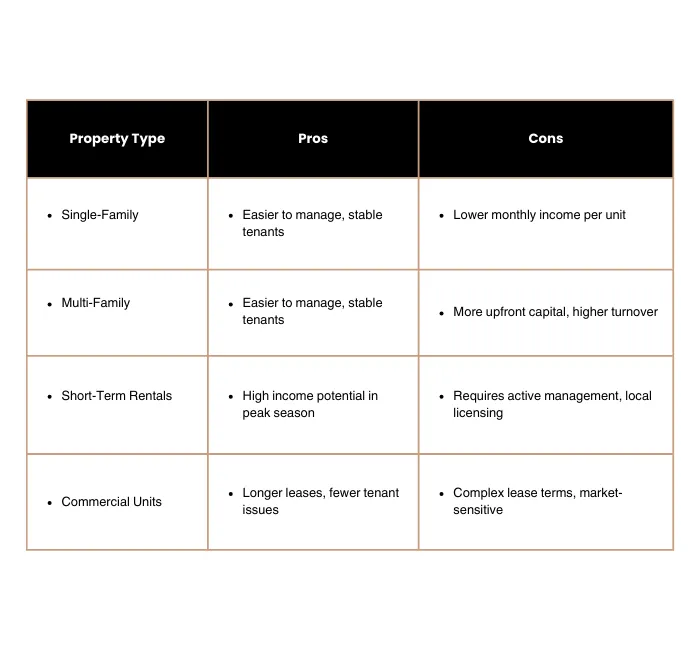
Each comes with trade-offs, so run the numbers and think long-term. In tourist-heavy areas, short-term rentals may offer higher returns — but they also bring more work and stricter laws.
If you're considering international opportunities, like buying rental property in Montenegro, make sure to research local laws, taxes, and licensing.
Buying Rental Property Taxes: What to Expect
One of the most overlooked pieces of rental investing is taxes — and they can vary widely.
Things to consider:
• Rental income is taxable. It gets added to your total income at year-end.
• Depreciation works in your favor, allowing you to deduct the property's gradual wear and tear over time.
• Repairs and maintenance are generally tax-deductible.
• Vacation rentals and short-term stays may have different tax rules.
• Location matters. Some regions have property-specific taxes or business licensing requirements.
Talk to an accountant who specializes in real estate. They'll help you structure things legally and maximize deductions.
How to Buy a Rental Property in 5 Simple Steps
Buying rental property isn’t just about finding a place and making an offer. Here’s a simplified game plan:
1. Define your goals. Cash flow? Long-term value? Tax breaks?
2. Research the market. Look at rental demand, average rents, and local laws.
3. Get pre-approved for financing. Investment loans require solid credit and larger down payments.
4. Run the numbers. Use a rental property calculator to analyze returns, repairs, and risk.
5. Do a detailed inspection. Never skip this — unexpected issues kill cash flow.
📌 Tip: Real estate investing for beginners should start with small, manageable properties. Avoid fixer-uppers unless you have experience.
Best Way to Buy Rental Property Without Regret
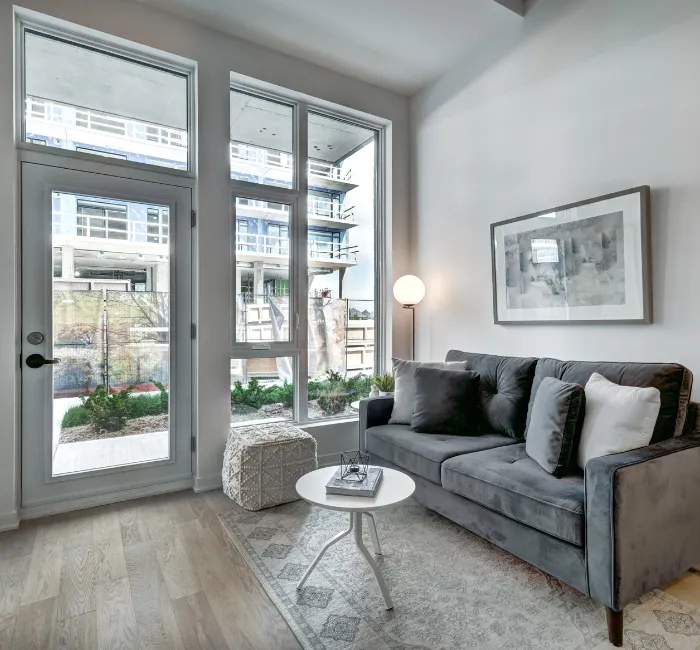
There’s no one-size-fits-all, but here are proven tips to reduce risk:
• Start with a budget. Know your limits before you shop.
• Pick an area with rental demand. Near schools, transit, or job hubs.
• Talk to local property managers. They know what rents, what sits, and what tenants want.
• Don’t skip the lease details. A solid lease protects you long-term.
• Have reserves. At least 3–6 months of expenses saved for emergencies.
Buying property is one thing. Holding it through the ups and downs is what makes you profitable.
Final thoughts
Whether you’re buying locally or abroad, rental property is only profitable when it’s planned well. Understanding taxes, property types, and cash flow before you invest is what separates smart investors from frustrated ones.
Here’s a quick recap:
• Focus on cash flow, not just appreciation.
• Research taxes and local landlord laws.
• Start small and keep it manageable.
• Use tools and professionals to run accurate numbers.
Thinking of expanding internationally?
Discover real estate opportunities in Montenegro with Objekta Real Estate. Contact us today to learn more!







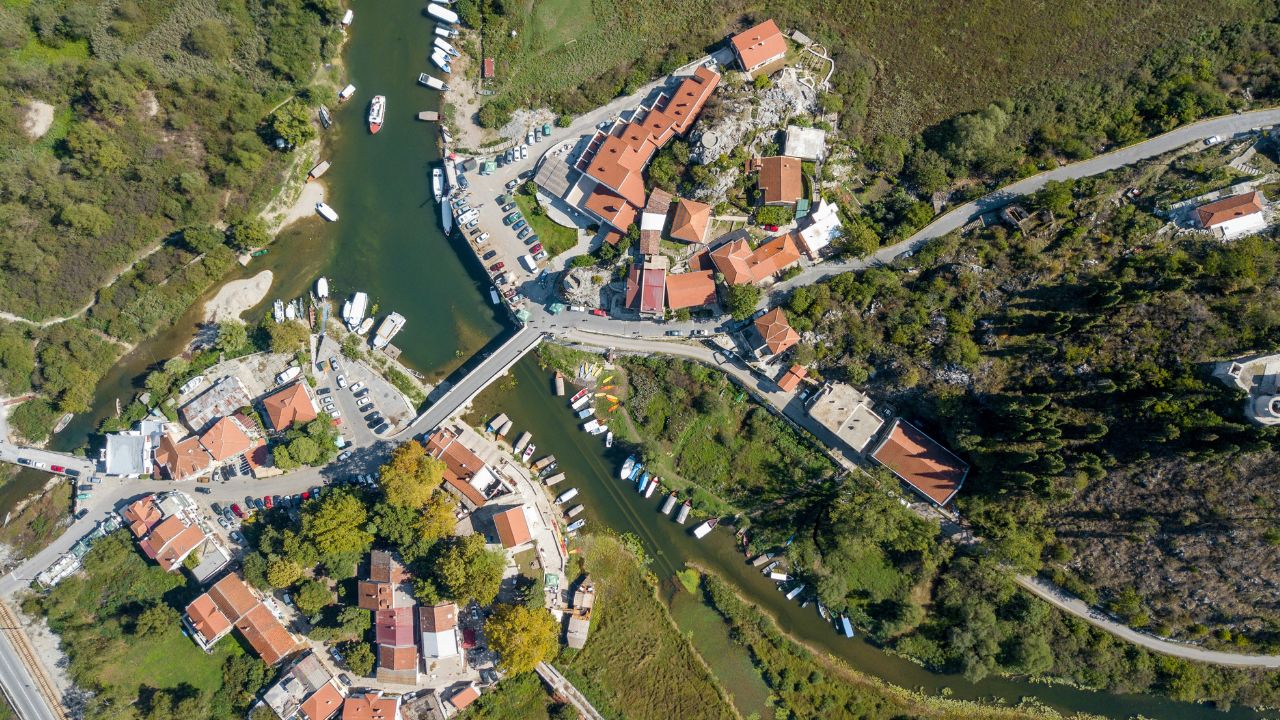
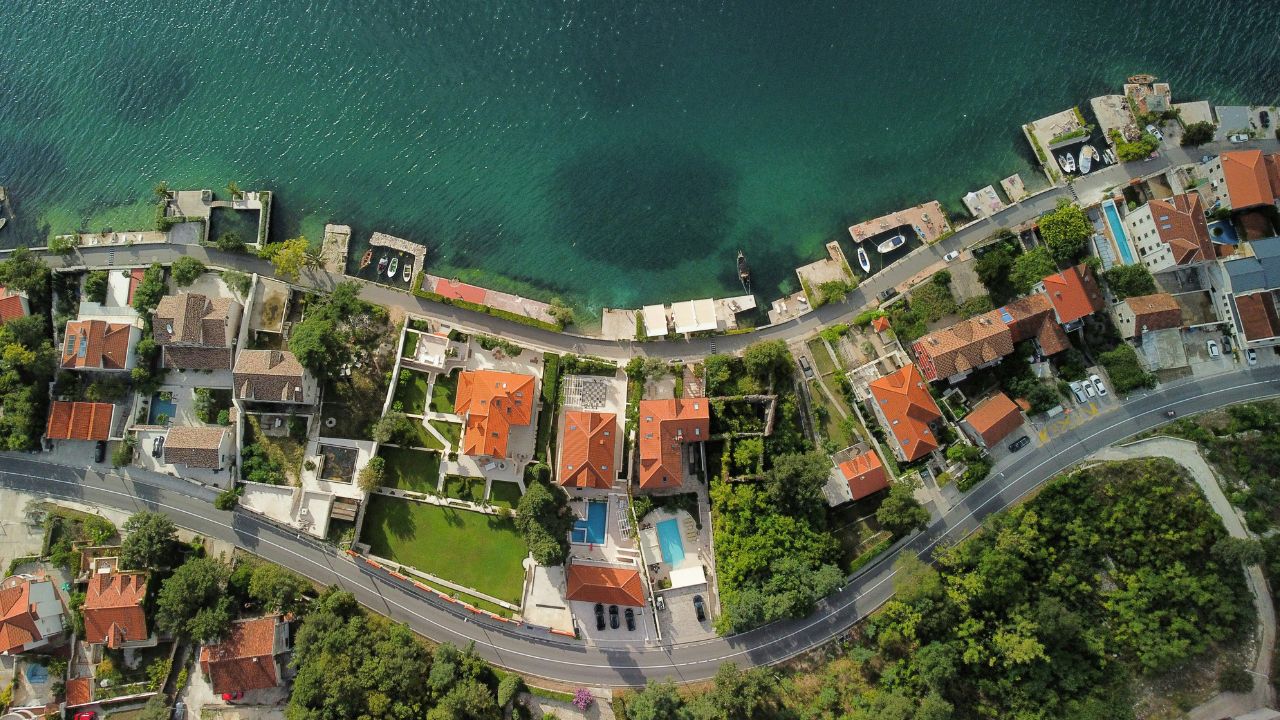





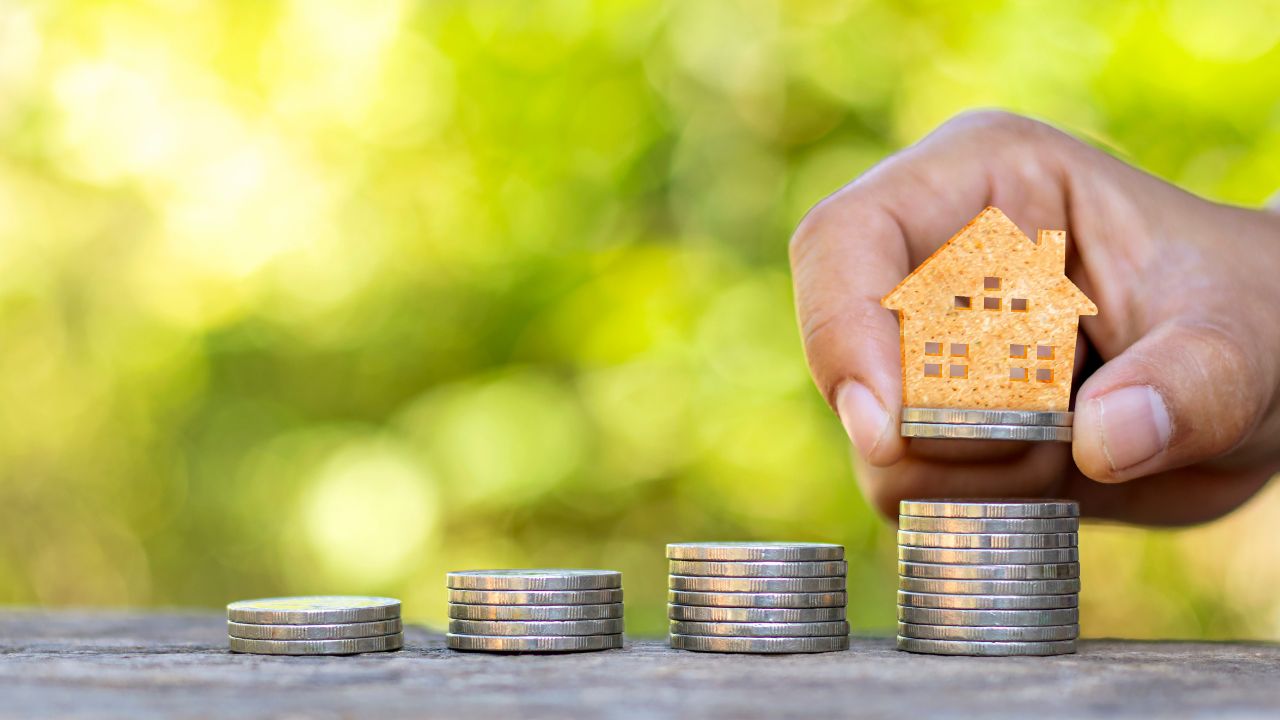



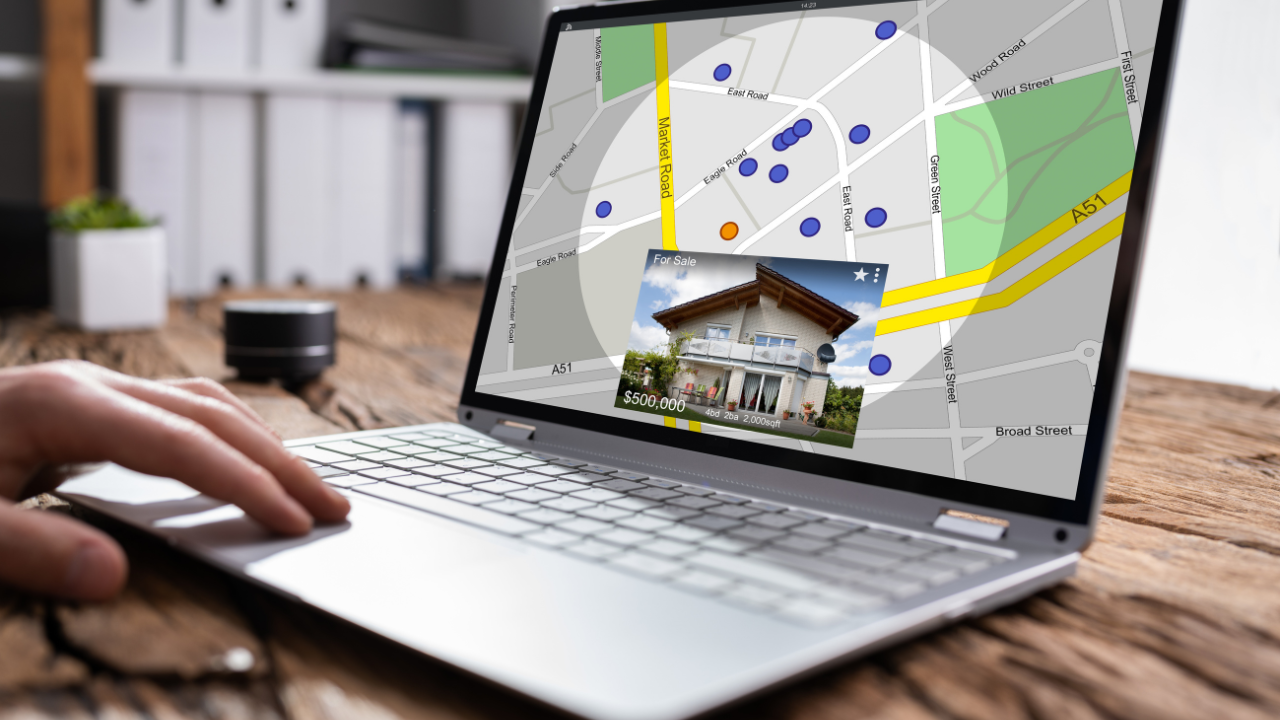

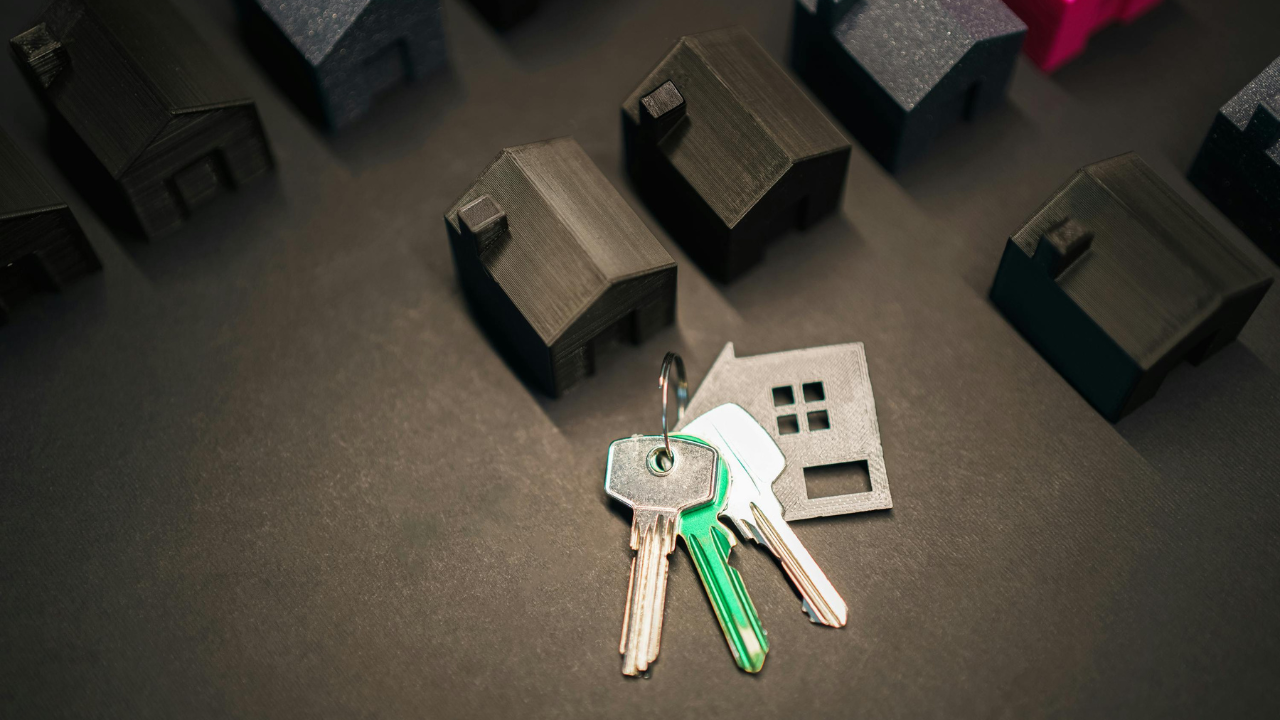
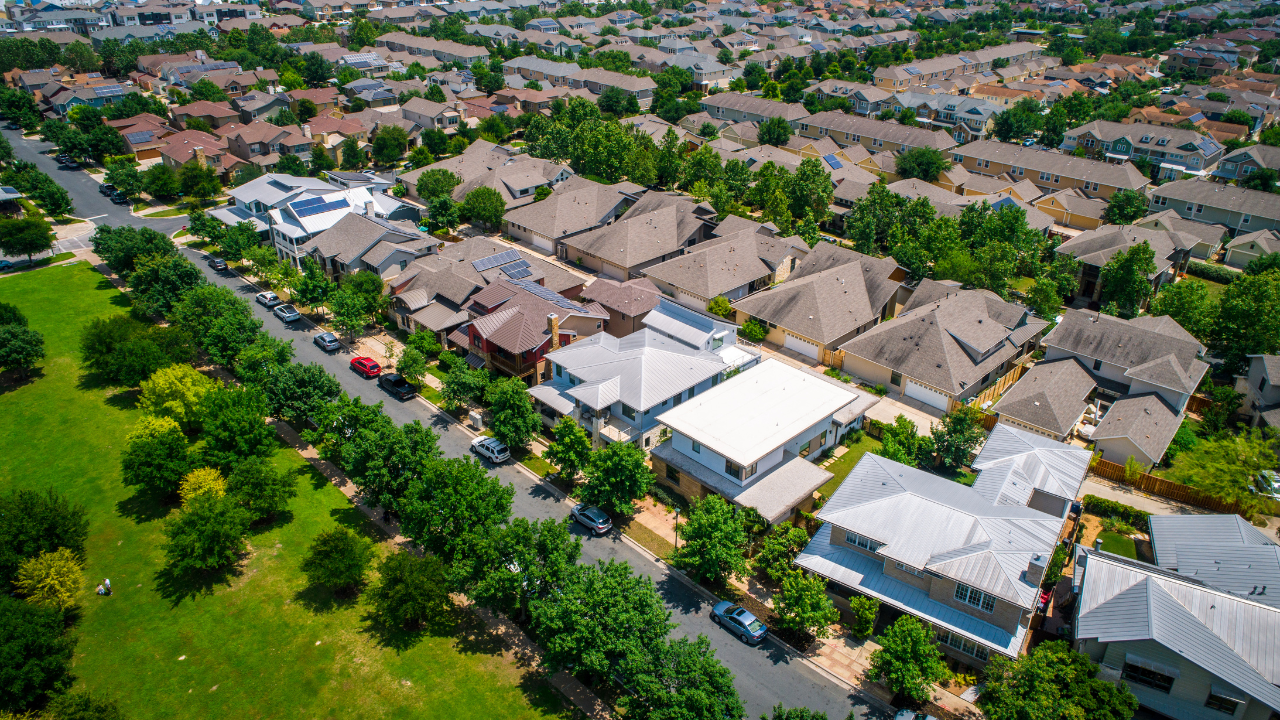
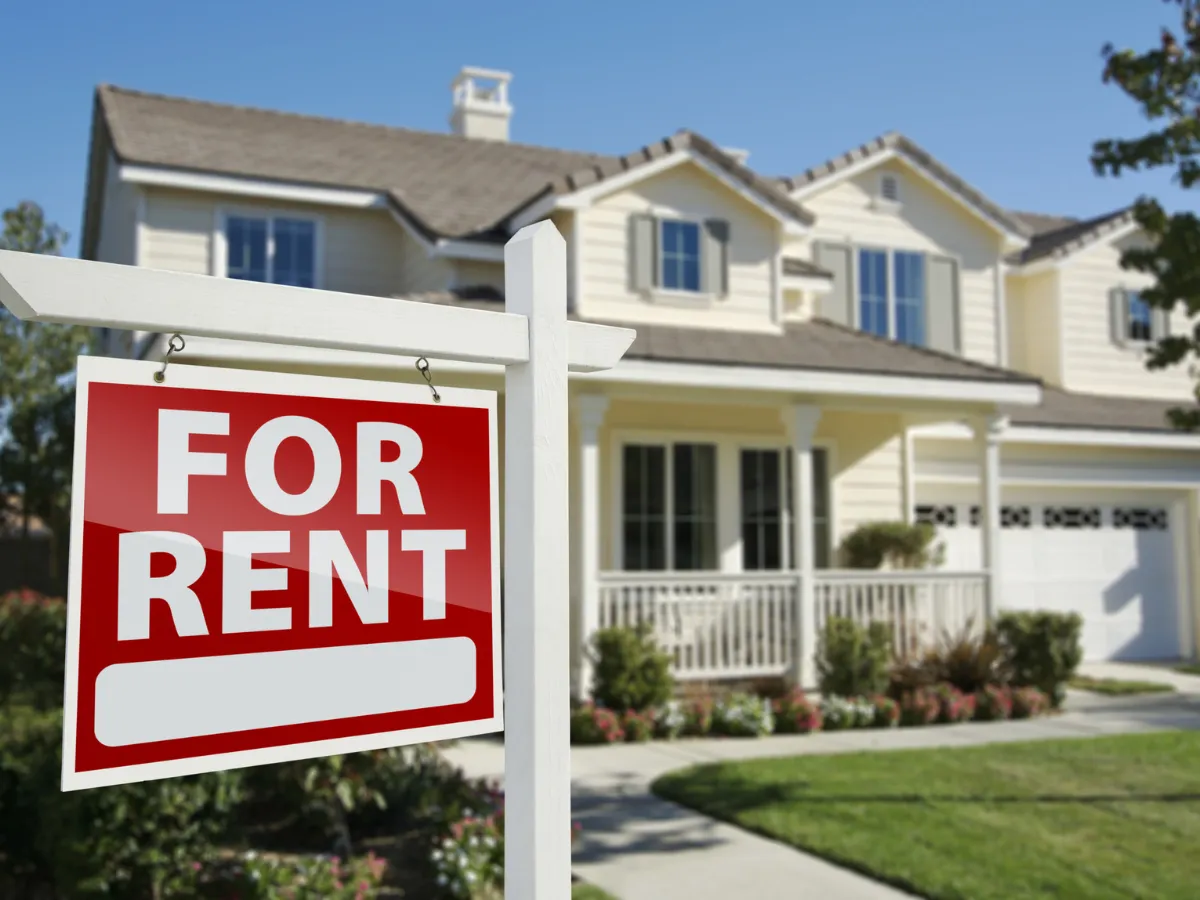





















.webp)

.webp)
.webp)

.webp)

.webp)
.webp)
.webp)

.webp)
.webp)
.webp)
.webp)

.webp)
.webp)
.webp)
.webp)
.webp)
.webp)
.webp)





.webp)

.webp)



















.avif)